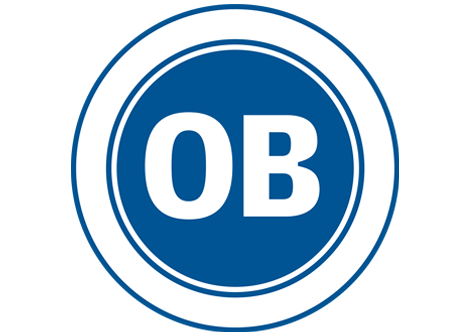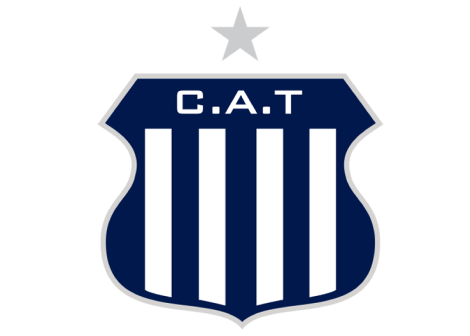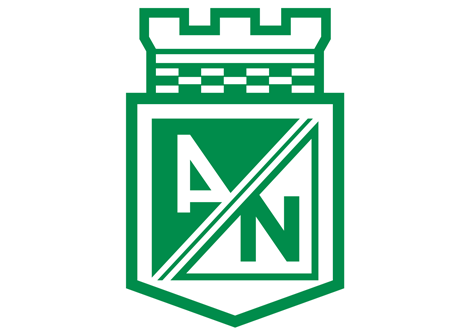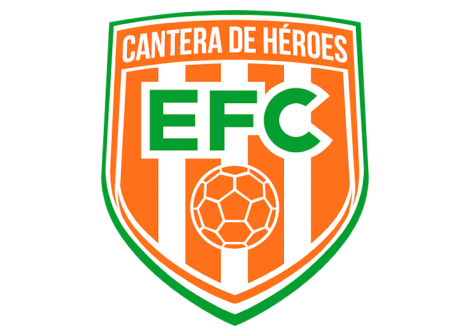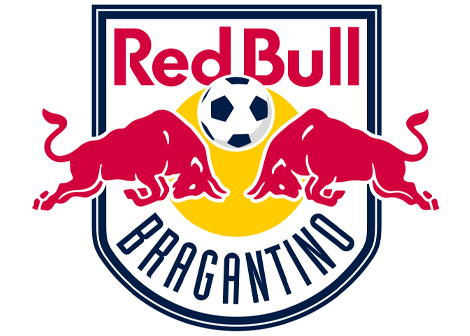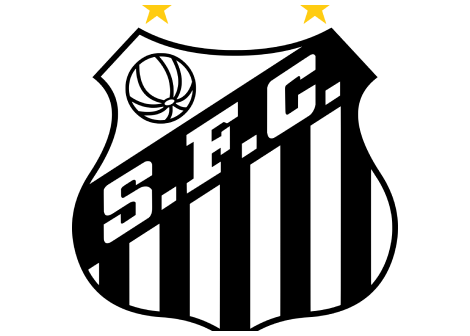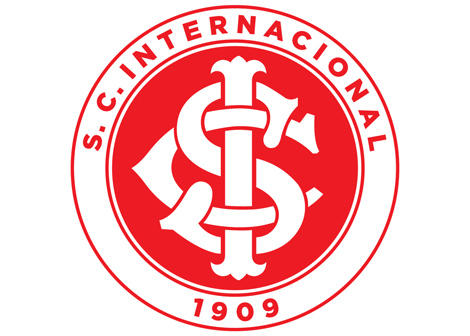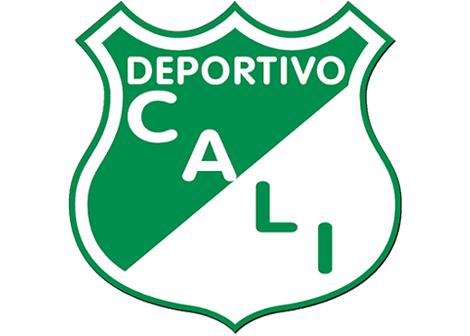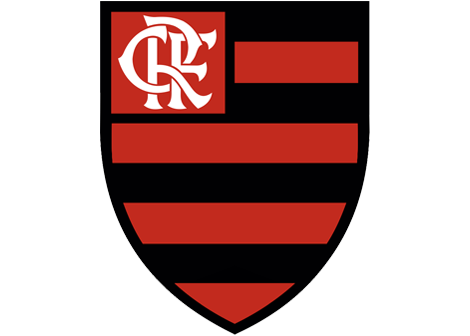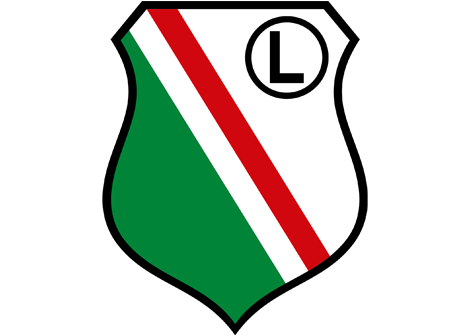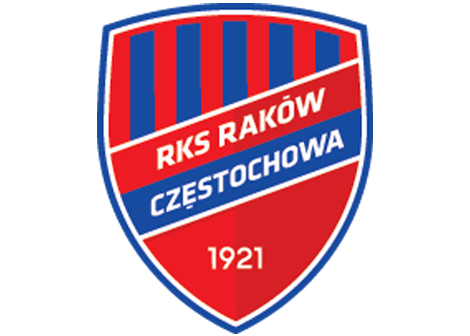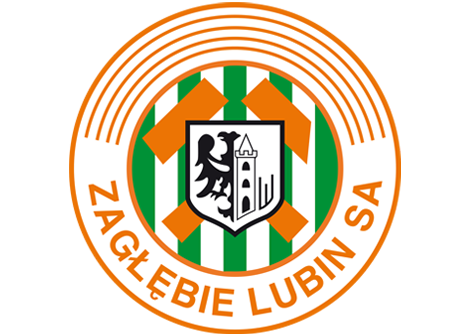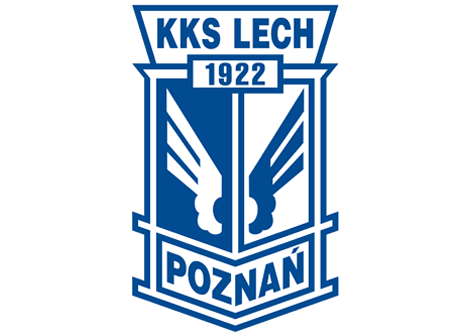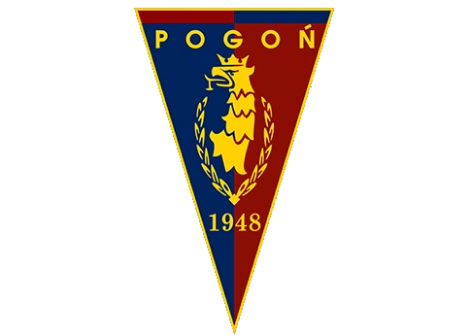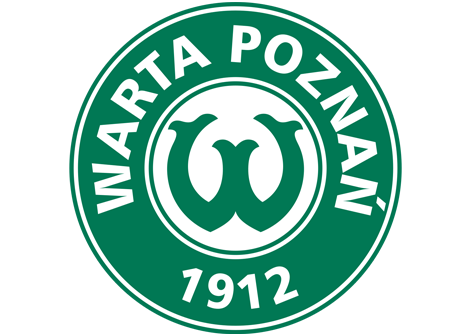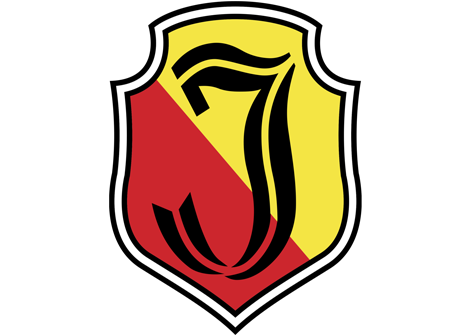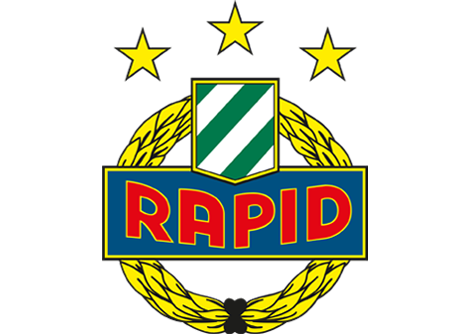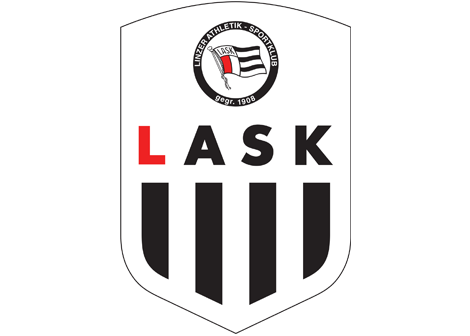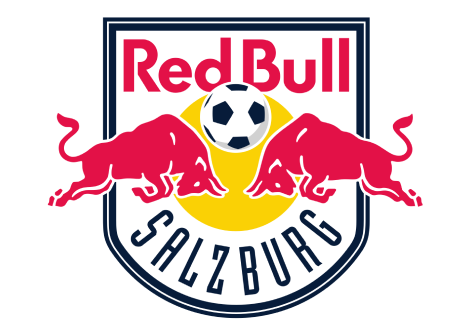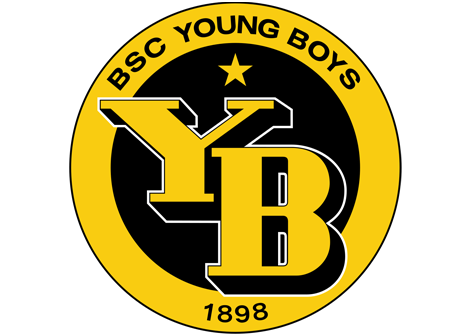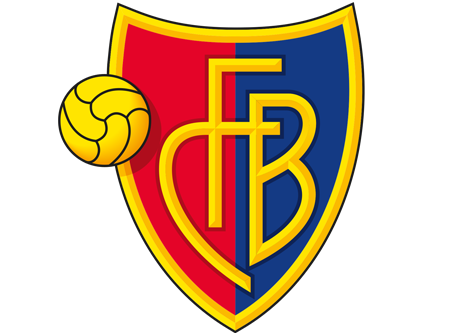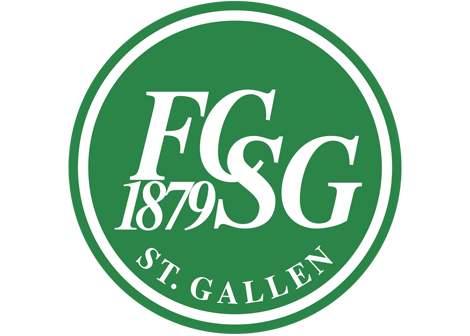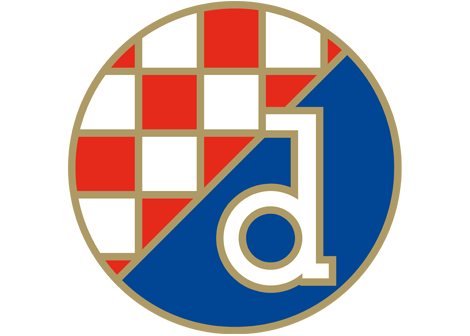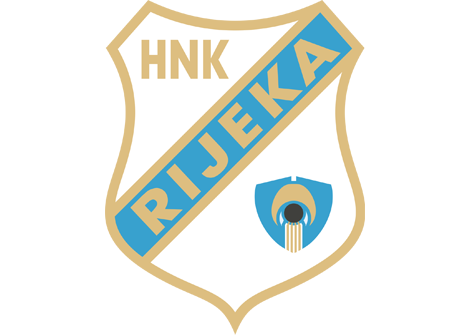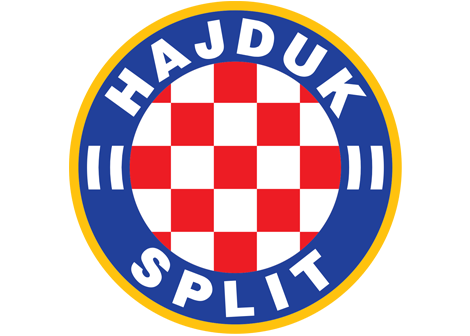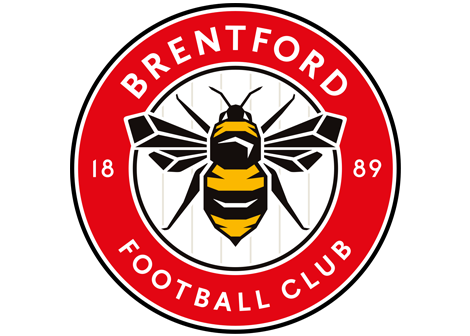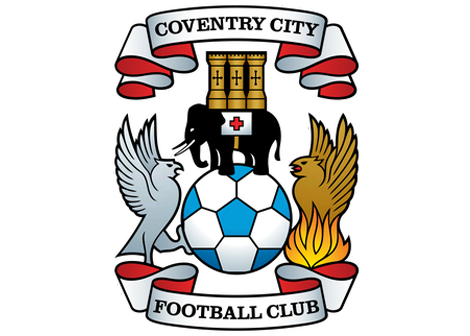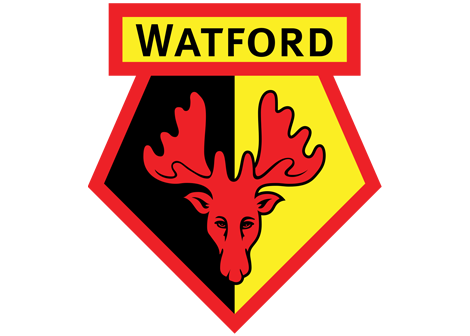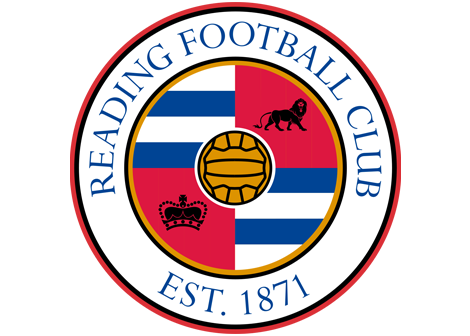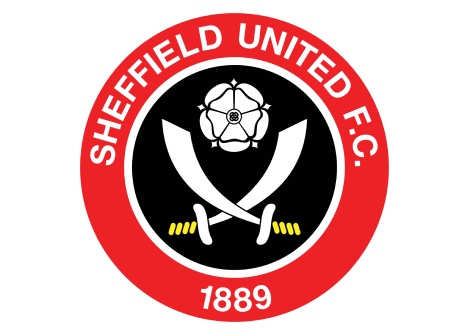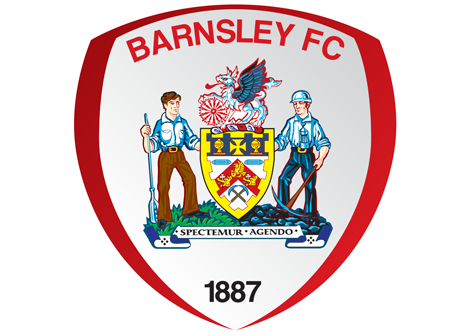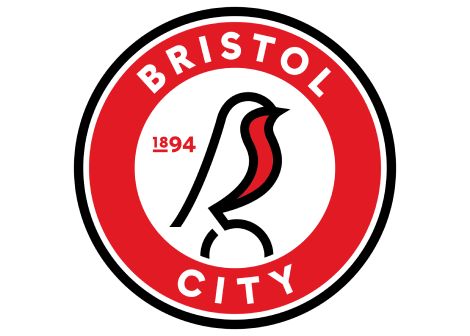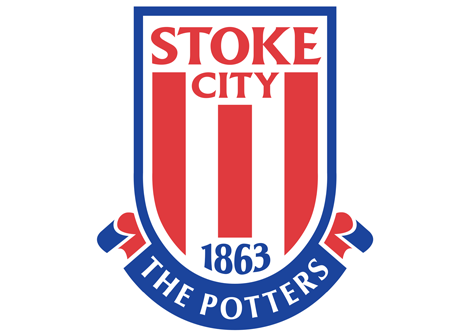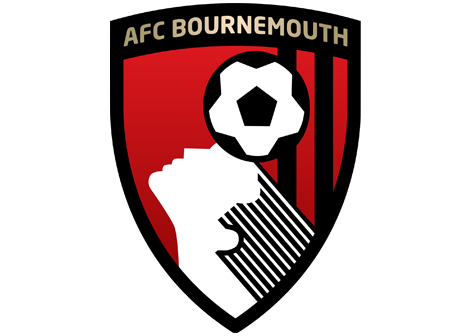What are the potential pros and cons for footballers of being represented by an independent agency?
It’s only by considering the potential advantages and disadvantages of different set-ups, and how they would impact on your personal priorities, that you can come to an informed decision.
The English Football Association's list of intermediaries registered to do agency work runs to almost 50 pages. Some work on their own for a few players or or just one, others band together formally or informally in small to medium-sized businesses, while many are part of large multinational firms with offices on every continent where football is played.
In part one of this two part series, we considered the pros and cons of being represented by a larger, corporate football agency.
In this article, we explore the potential benefits and pitfalls of choosing a smaller, independent agency.
Potential pros
- Centre of attention. The fewer players per agent, the more likely those players are to receive the service that they need. Instead of being a small fish in a big pond, individual players are an integral part of the business’ success and so smaller agents could be more likely to give them the time and commitment required to advance their careers.
- Clear responsibility. A smaller agency tends to have a more defined chain of command and hierarchy in which everyone knows where they fit. When it is clear who represents which player and who is working on what deal, there is no room for miscommunication or confusion. You know who is responsible for looking after your affairs and whom to contact.
- Personal touch. The key to the agent/player relationship is trust. A representative who has the time and interest to get to know their player, will understand better what that player needs and have a greater personal investment in their success.
- Flexibility and agility. Smaller companies with fewer people involved in each deal or looking after each player might react more quickly to changing circumstances. Smaller companies can adapt easily because they do not have to unpick long chains of command and multiple departments.
- Potentially lower fees. A smaller agency has fewer staff and less overheads, and therefore has less need to have high charges for its services. Of course, a high-profile individual may well come at a premium price that is higher than many large companies.
Potential cons
- Smaller network of agents. Unless a smaller company is a TransferRoom Trusted Agent with direct access to decision makers at 650+ clubs worldwide, they are unlikely to have the worldwide connections that are necessary to exploit the full range of opportunities available. Players may find they are presented with options that are limited to the league or market where their agent is based or has a track record.
- Lack of other expertise. Many players, particularly younger professionals, don’t have the experience, knowledge and confidence to handle all the aspects of their careers, but smaller agencies don’t have the full range of services in house. If you have to spend too much time sorting out your tax, financial, sponsorship and legal affairs - or finding someone to do it for you - it can be a distraction.
- Lack of commercial clout. Unless a smaller agency’s clients are mainly higher level players, it will not have many contacts or much experience of negotiating the biggest and best off-field deals - or many deals at all. Instead of being an agent’s phone call away from the right brand or sponsor, you could find yourself struggling to make the commercial income that your status deserves.
- Single point of failure. With one agent or a small group, all the pressure is on a limited number of people to make things happen. Just one unforeseen event or poor decision by one person can cause real problems, and the business may not have the resources to solve them.
- Limited information. A smaller agency will have fewer players and fewer deals to offer as evidence of its qualities. This makes it difficult to know whether the company can meet your individual needs and aspirations. Instead of being able to check out a large track record or speak to a number of players of your level at the same agency, you risk taking a bit of a shot in the dark.
Any list of pros and cons is going to make generalisations and assumptions. Of course there will be larger agencies who have so many agents that they are able to deliver a very personal and thorough service to their clients. There will be one-man bands and smaller agencies who punch well above their weight when it comes to global network and commercial clout. And TransferRoom, with its digital platform and networking events, is allowing agencies at both ends of the spectrum to work in new ways that do not depend on a company’s size.
Different things matter different amounts to different players. If you’re a bit older and more experienced, you may feel more confident about taking care of certain aspects of your career yourself, rather than wanting everything done for you. At different stages of your career, you will have different aims - for example, if you want to settle down in a particular league or country, then having an agent with particularly good contacts there will be more important than anything else.
But it’s only by considering the potential advantages and disadvantages of different set-ups, and how they would impact on your personal priorities, that you can come to an informed decision.
TransferRoom helps players accelerate their careers by allowing them to connect with Trusted Agents with global connections and a proven track record.
Sign up today and use our Agency Finder tool to get matched instantly to the right agent for your needs.
Book an intro call
Trusted by decision makers from 800+ clubs worldwide
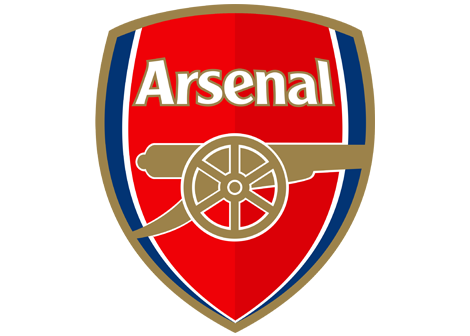
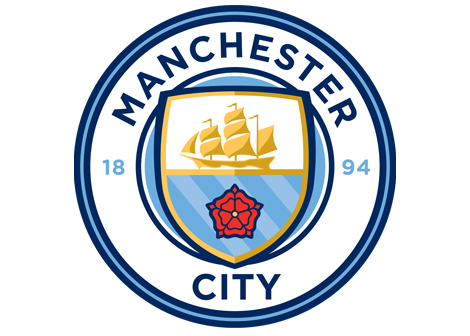
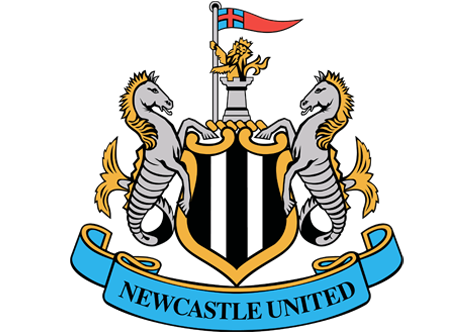
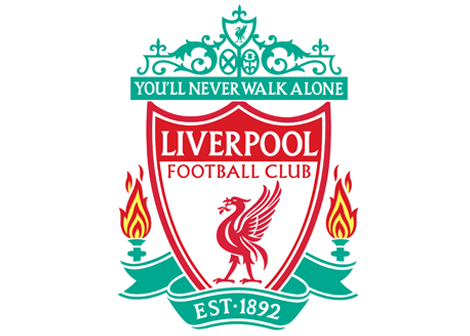
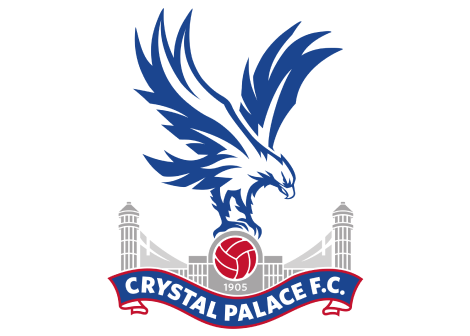
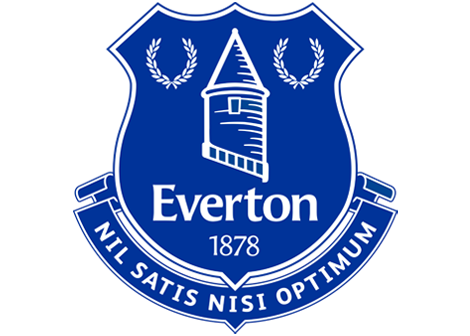

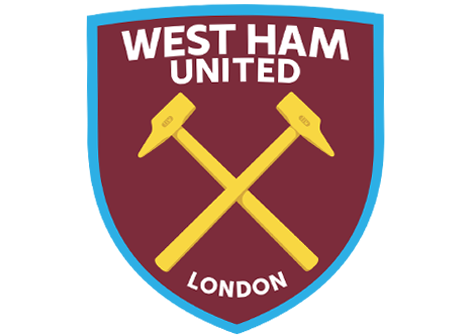
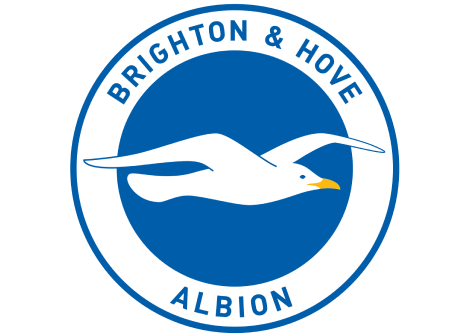
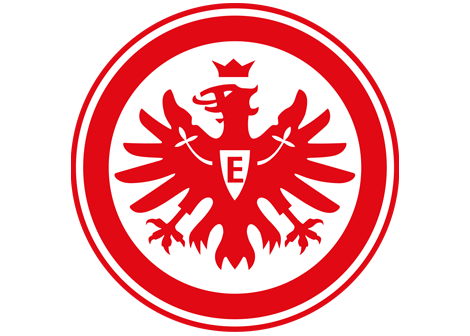
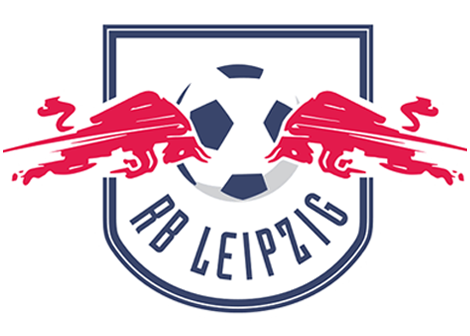
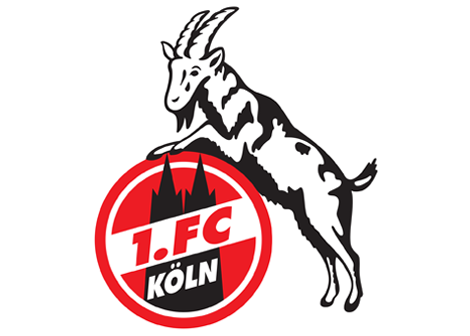



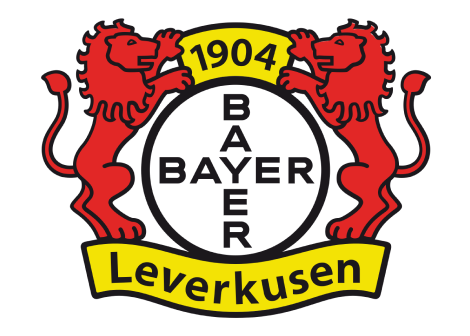
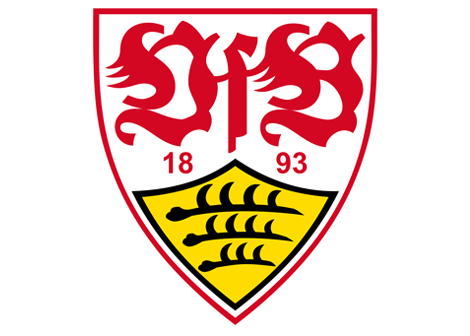
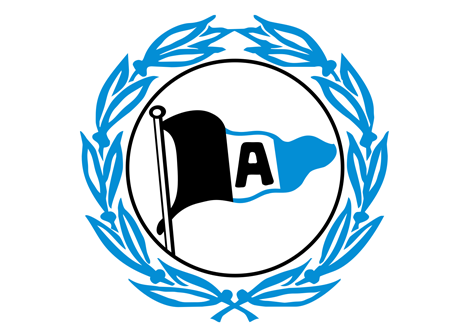
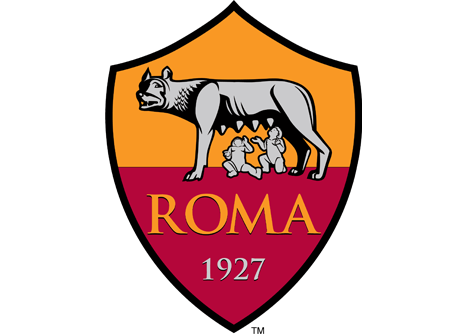
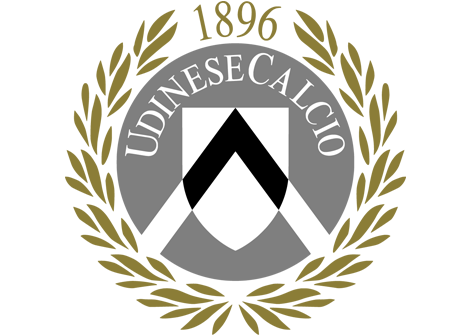

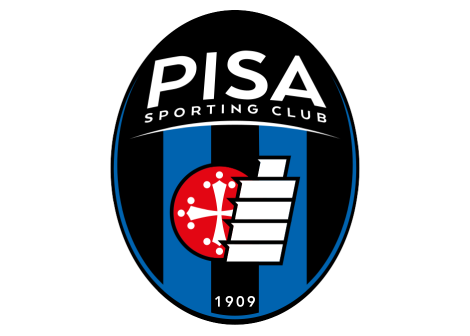

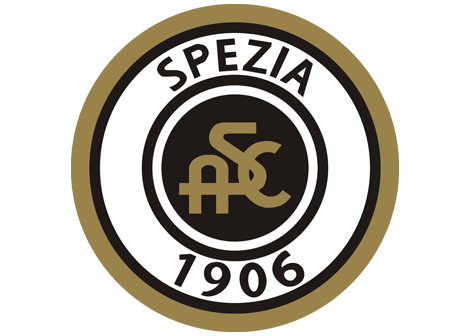
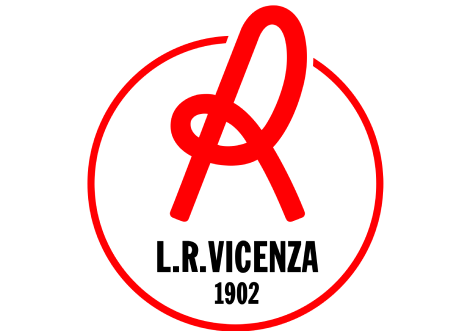
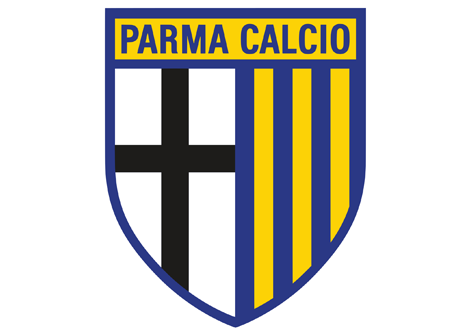
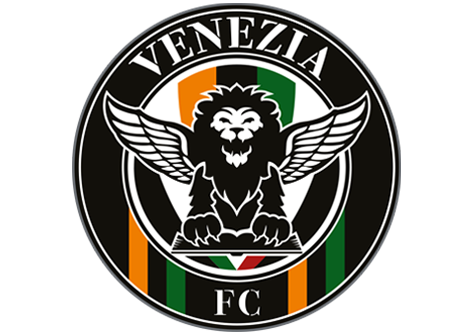
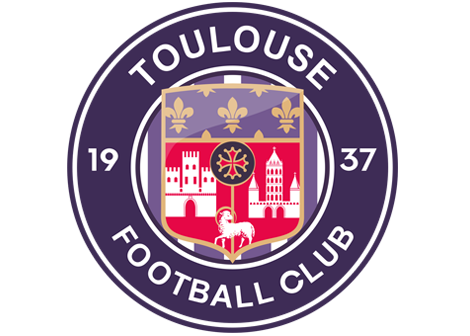
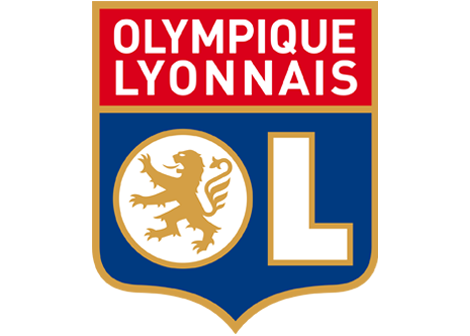
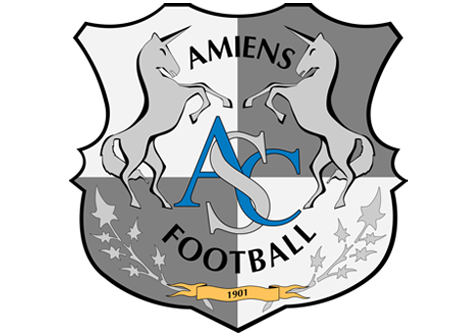
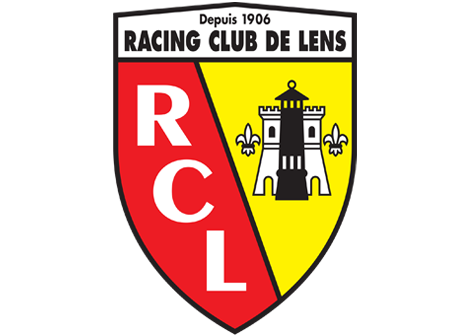
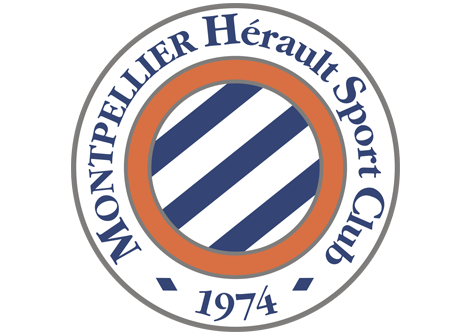

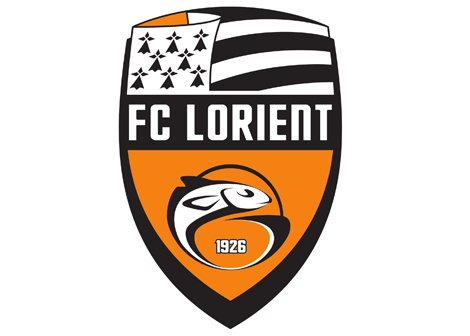
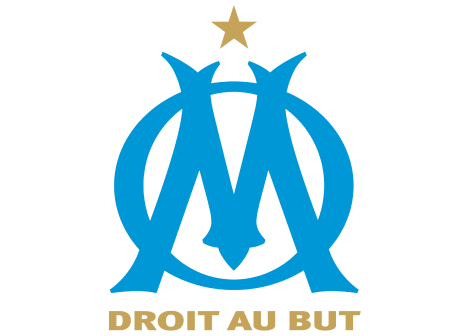
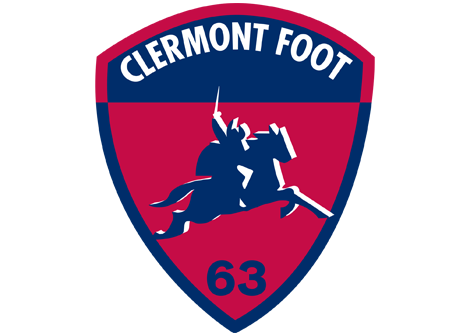
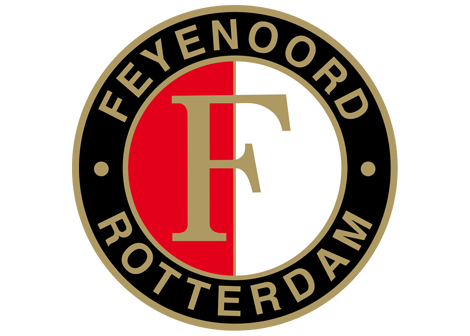

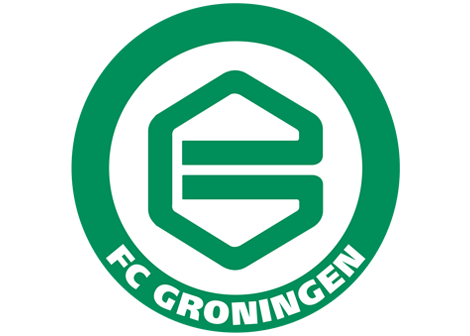
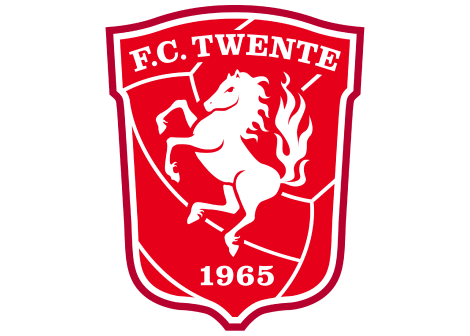
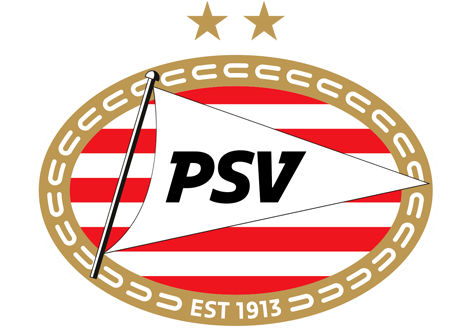
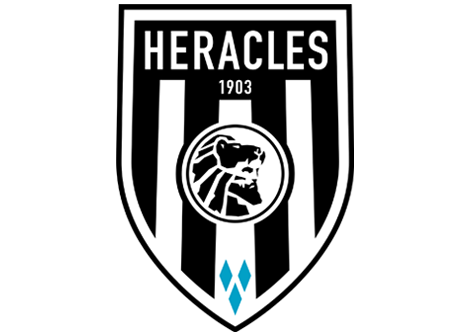
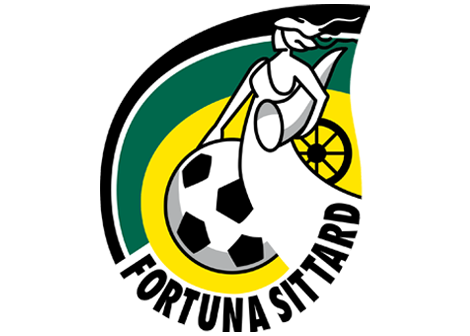
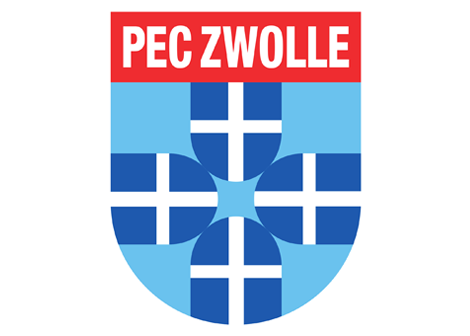
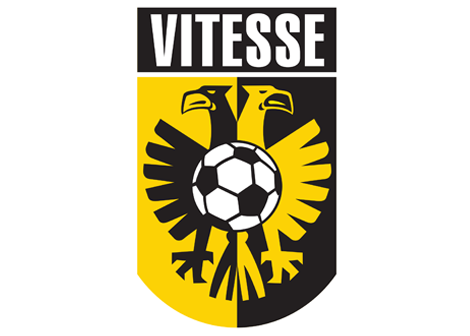
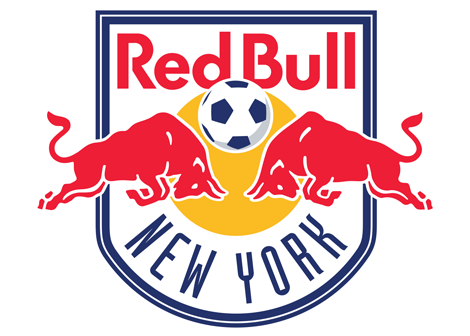
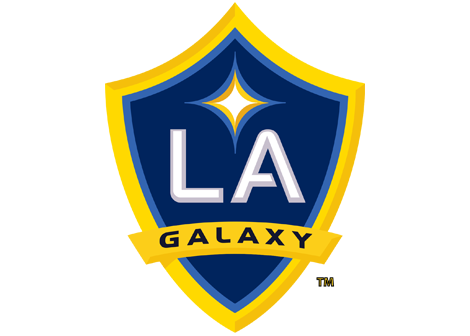
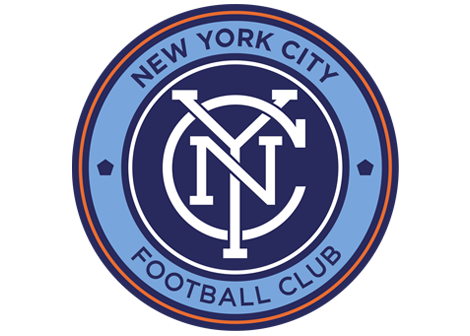
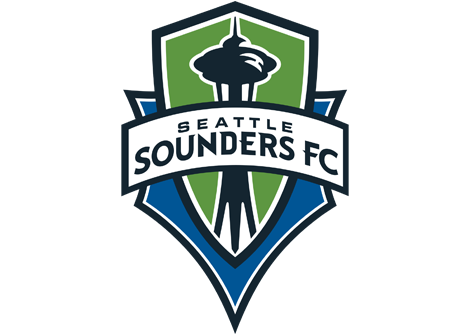
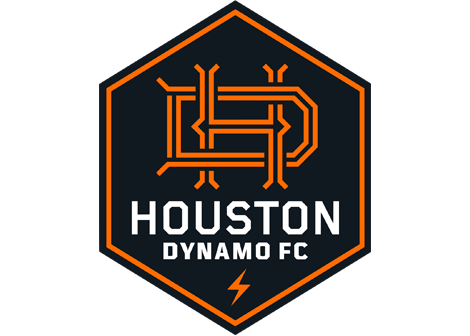
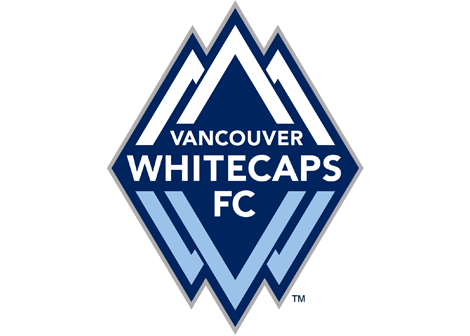
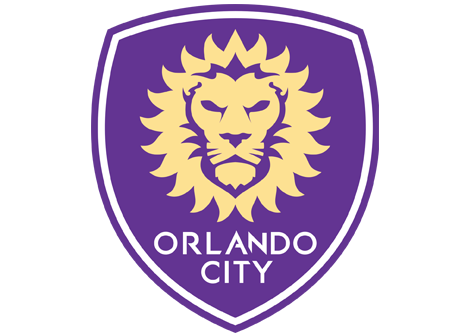
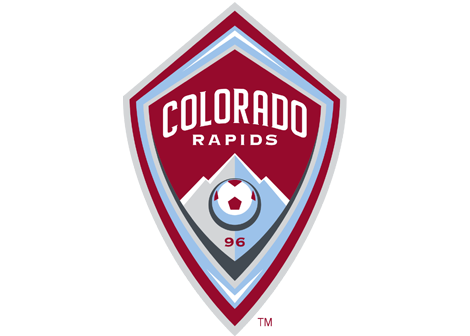
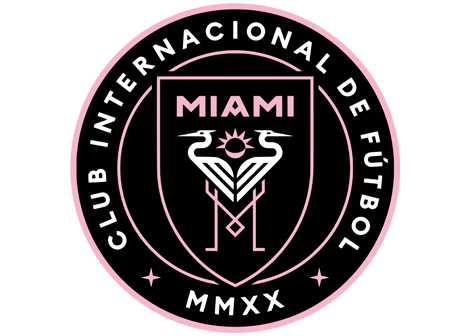
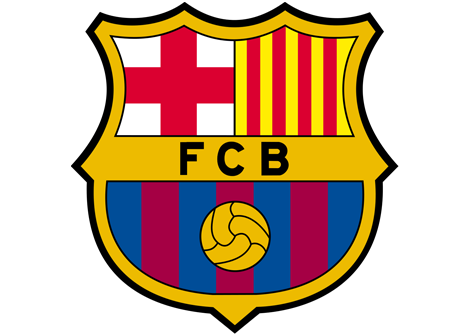
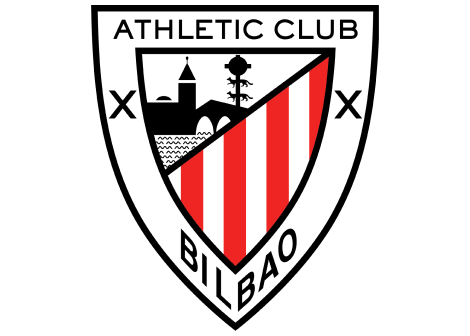
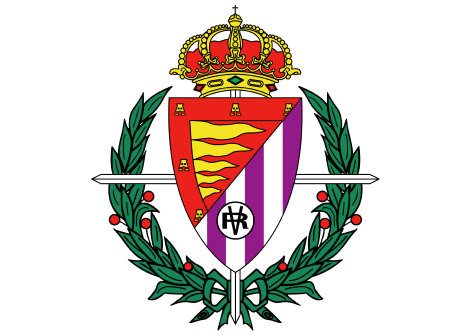

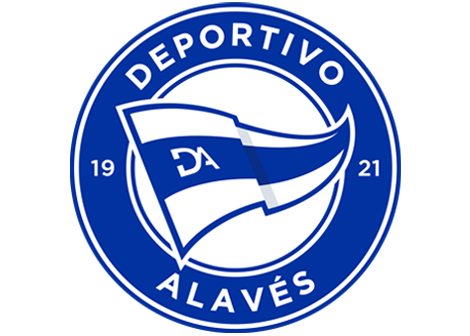

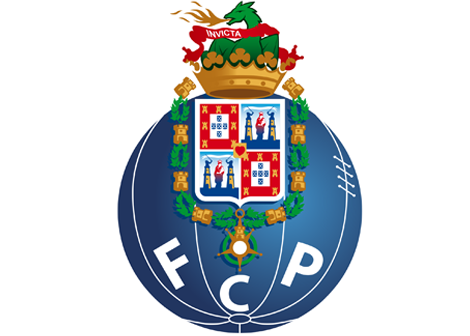
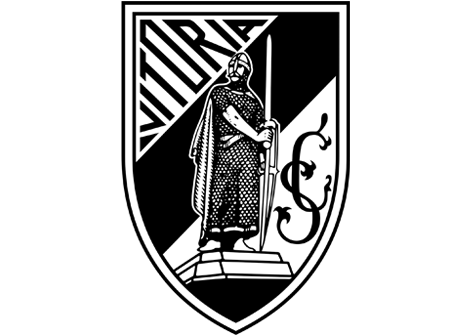
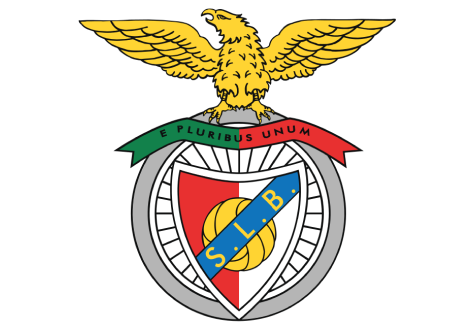
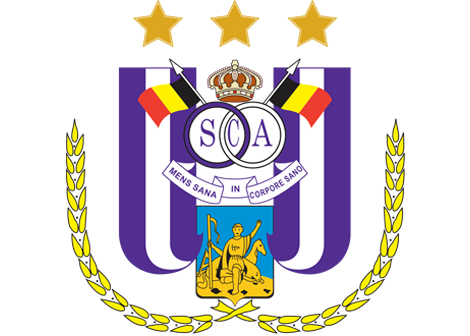
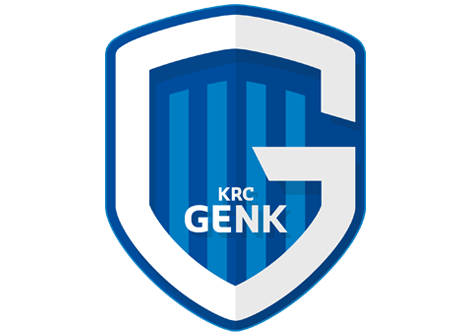
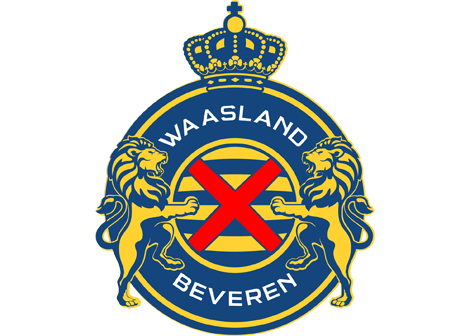

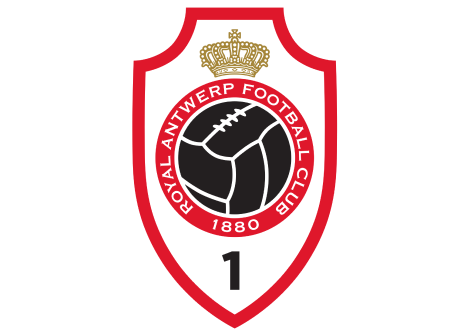
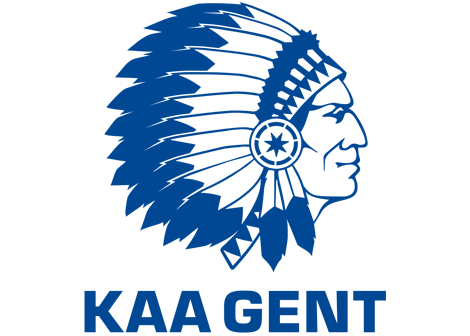
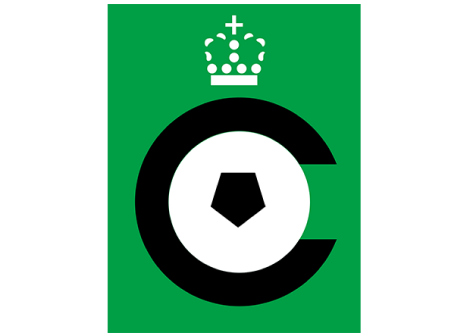
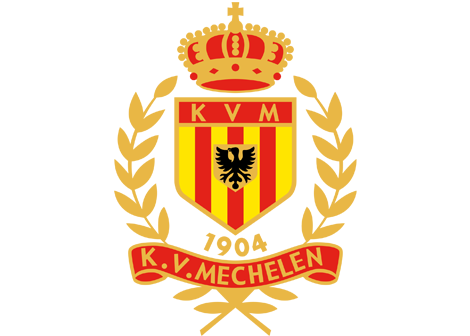
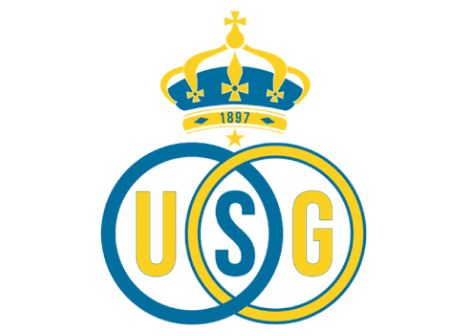
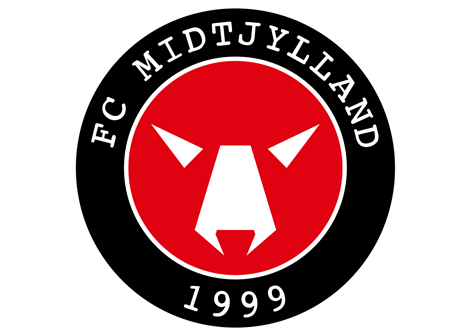
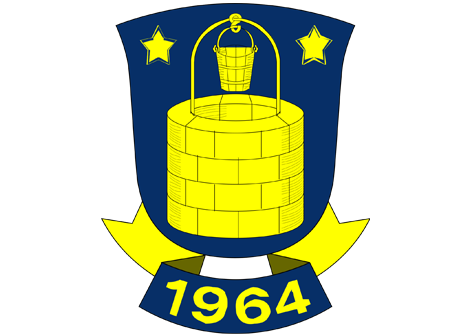
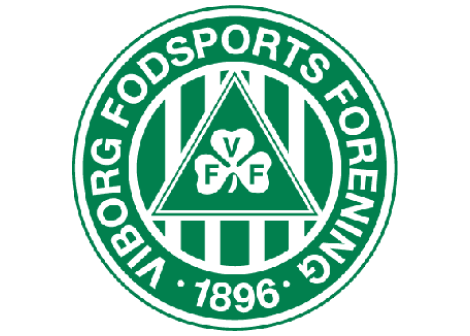
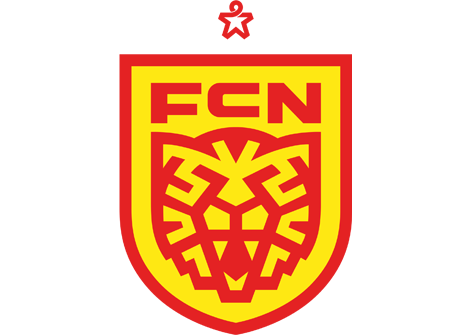
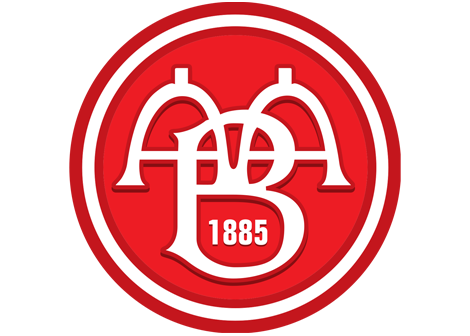
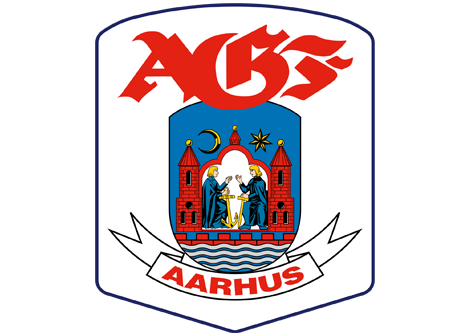
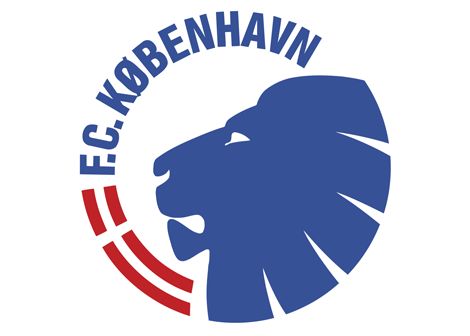
/SWEDEN/Malm%C3%B6%20FF.png)
